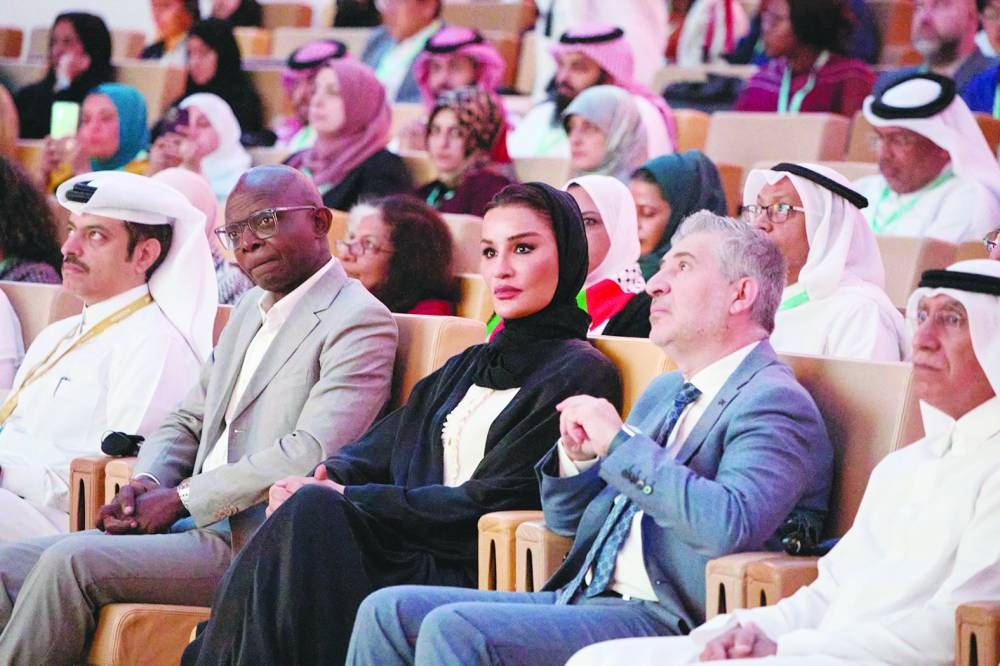Hamad Bin Khalifa University (HBKU) has initiated the establishment and hosting of the International Islamic Bioethics Association at the university, president Dr Ahmad M Hasnah said Tuesday.
“In supporting the development and advancing of the Islamic bioethics’ knowledge generation and contribution, we are proud to announce the initiation of establishing and hosting of the International Islamic Bioethics Association at Hamad Bin Khalifa University,” he explained.
Dr Hasnah was addressing the inaugural session of the 17th edition of the World Congress of Bioethics at Qatar National Convention Centre.
"We, at Hamad Bin Khalifa University, believe that no voice needs to be left out and discussions around bioethics must have all voices around the table, and that different perspectives have equal rights. As such, we have worked hard to achieve a more inclusive event, welcoming different voices and diverse approaches besides the usually dominant perspectives, in addition to providing opportunities for voices usually under represented from Asia, Africa, and South America,” he said.
The official said that the main challenge facing humanity has always been an ethical one whether in science, medicine, AI, or global politics.
“We live in a very dynamic world; ethical challenges are rising on multiple fronts and dimensions and are impacting humanity. No single point of view, philosophy, or approach should be the sole custodian of ethical discussions and policy formation. A more comprehensive multi views discussions need to be adopted” explained, Dr Hasnah.
HBKU president said that the role of religion is a crucial one in the biomedical area.
“Discussions shaping policies should not neglect people's beliefs as they are part of their lives and it is important to be captured in any policy creation. It is also, important to recognise that, heavenly religions were revealed to provide guiding principles for humanity irrespective of time and geological place providing an important basis to the ethical discussion away from trial and error or time bounded approach,” he continued.
Dr Hasnah pointed out that there is a great wealth in Islamic civilisation when it comes to ethics. “ We need to have our voice and knowledge in that area well represented on the global scene and work with the global community to address the bioethical challenges,” he noted.
He highlighted the leadership and vision of Her Highness Sheikha Moza bint Nasser on the important role of ethics in the current and future life led to the creation of the first Research Center for Islamic Legislation and Ethics in January 2012.
“CILE is an integral part of that vision and plays an important role in leading the international platform in discussions and work related to Islamic ethics and we, at Hamad Bin Khalifa University, are committed to continue having CILE play a leading role in the generation of knowledge in the domain of Islamic ethics across different disciplines especially the area of bioethics and impact the local, regional, and global discussions,” he added.

Her Highness Sheikha Moza bint Nasser at the opening of the 17th World Congress of Bioethics. PICTURE: Aisha al-Musallam.

